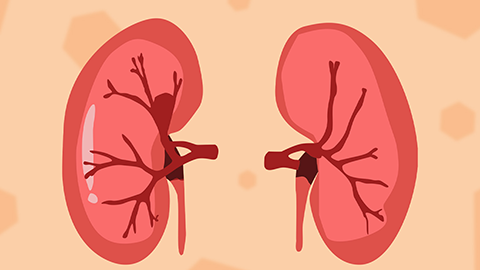What to Drink for Kidney Health
Generally, drinking moderate amounts of goji berry water, black date tea, yam porridge, mulberry water, or caterpillar fungus tea can help nourish the kidneys. If discomfort occurs, timely medical consultation is recommended. Detailed explanations are as follows:

1. Goji Berry Water
Goji berry is a common traditional Chinese herb known for its functions of nourishing the liver and kidneys and improving vision. Goji berries are neutral in nature and steeped in hot water can help alleviate symptoms of liver and kidney yin deficiency. To prepare, soak an appropriate amount of goji berries in hot water, cover and steep for 10–20 minutes before drinking. After steeping two or three times, the berries can be consumed directly.
2. Black Date Tea
Black dates are rich in protein, fats, carbohydrates, calcium, phosphorus, iron, and other nutrients. They are effective for nourishing the blood, benefiting the kidneys, and moistening dryness. Black dates can be steeped in hot water or cooked with glutinous rice to make porridge.
3. Yam Porridge
Yam is beneficial for strengthening the spleen, nourishing the stomach, benefiting the lungs, relieving cough, and nourishing the kidneys and essence. Cooking yam with rice to make porridge or stewing it with meat can fully exert its kidney-nourishing effects.
4. Mulberry Water
Mulberry fruit can nourish the liver and kidneys, calm the mind, improve intelligence, enrich blood, and nourish yin. Take an appropriate amount of fresh mulberries, add water, bring to a boil, and continue boiling for 10 minutes before drinking.
5. Caterpillar Fungus (Cordyceps) Tea
Caterpillar fungus tea nourishes the lungs and kidneys and is especially beneficial for individuals with kidney yang deficiency. It can also enhance immunity. Boil caterpillar fungus with an appropriate amount of water, then simmer for 20–30 minutes before drinking.
In daily life, it is also important to ensure sufficient sleep and avoid staying up late or overexertion. Maintaining a regular schedule helps regulate the body's biological clock and supports normal metabolism and excretory functions of organs such as the kidneys.




